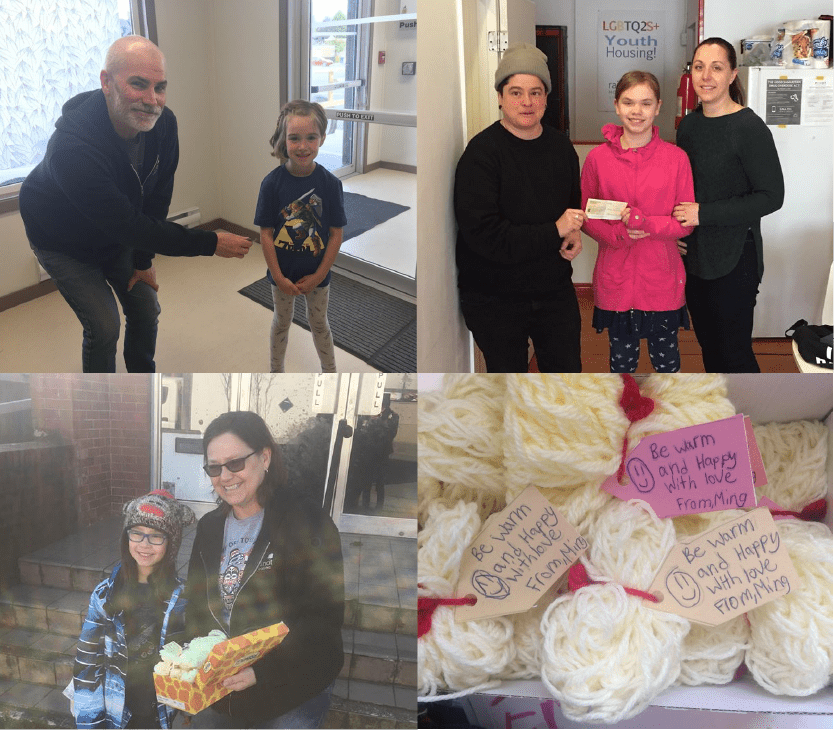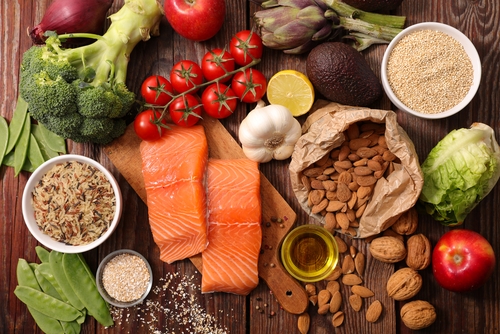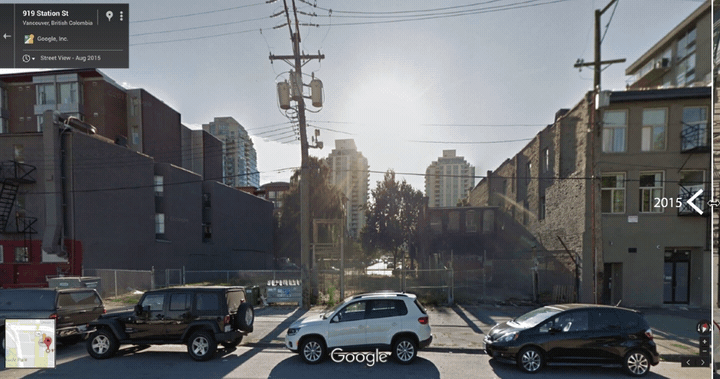RainCity Housing wishes to acknowledge that we operate programs on the stolen, unceded, ancestral, traditional homelands of the kʷikʷəƛ̓əm, q̓íc̓əy̓, qiqéyt, qʼʷa:n̓ƛʼən̓, sc̓əwaθən məsteyəxʷ, səl̓ílwətaʔɬ, SEMYOME, shíshálh, Sḵwx̱wú7mesh, ˈstɔːloʊ and Xʷməθkwəy̓əm Nations.
The Opportunity
We are seeking individuals to join our Board of Directors, ideally with prior board experience. We are actively recruiting Directors who reflect the diversity of the people that we work alongside and with experience/background in the following areas:
- Harm reduction philosophy and practices
- Poverty and homelessness including understanding of a ‘housing first’ approach
- Trauma
- Mental health and substance use challenges
- Not-for-profit community organizations
- A commitment to right relations with Indigenous communities and the principles of justice, equity, diversity and inclusion
The approximate hours required from Board Members can be up to 5-10 hours per month with a term length of two years. Board Members will have the option to renew at the Annual General Meeting in the month of June.
Board meetings occur every other month.
Interested candidates are invited to submit a confidential CV to Mei Ng, Executive Assistant, mng@raincityhousing.org by February 2, 2024.
Website: https://www.raincityhousing.org.
Who We Are
RainCity Housing is an organization that makes a difference in people’s lives. Our mission is to advance social equity by building upon the strengths of our community and of each individual. With a goal of providing a home for everyone, RainCity’s programs sustain relationships, strengthen communities, and make change for people experiencing homelessness, mental health issues, trauma, and substance use issues.
RainCity Housing has been developing emerging and promising practices for over 40 years in social services and healthcare, providing Housing First, harm reduction and supports for community members who access our services. To learn more, check out our innovations page on our website: www.raincityhousing.org
RainCity has been and continues to be deeply impacted by the ongoing Drug Poisoning public health crisis, a crisis that has continued unabated for more than 7 years.
RainCity Housing serves a diverse group of people and is committed to social inclusion, equity, and diversity on its board, reflecting the diversity of the people that we work alongside. As an organization we are committed to our work towards being a decolonial and anti-racist organization.
Our Vision
“A Home for Every Person”
Our Board
The RainCity Housing Society Board is a policy governance board (i.e. follows the Carver model), as opposed to an operational board.
The role of the RainCity Housing’s Board of Directors is one of oversight and governance. Board officers are assigned responsibility for certain areas, but the Board carries out its responsibilities with one voice. We ensure that our activities and decisions are in alignment with the values and philosophies of RainCity Housing.
Individual Board Member
Each individual Board member shall ensure that they familiarize themselves with the duties and responsibilities they have as board members. Each Board member shall:
- Be prepared to support the ethical obligations RainCity has towards the communities of people that RainCity serves.
- Has read, understands and knows their part in the role of governance at RCH, which includes but is not limited to:
- Review, approve and keep up-to-date on the progress of the RCH’s Ends and Strategic Plan.
- Approve the annual budget, monitor budget variances and approve the Audited Financial Statements.
- Provide input into and sign-off on Board development activities.
- Provide input to Board evaluation.
- Develop, review and keep bylaws and policies current as RCH evolves.
- Approve changes to the Governance Manual.
- Monitor the Risk Registry and ensure that risk mitigation strategies are in place.
- Be prepared to sit and participate on at least one Board Committee.
- Attend all Board and Committee meetings.
- Be prepared to participate in all Board meetings by reviewing Board package material.
- Promote the services and programs of RCH to the community at large.
- Participate in the recruitment of new Board members.
- Abide by and support all Board decisions.
- Commitment to personal work and growth to support RainCity Housing’s work towards being a decolonial and anti-racist organization.



